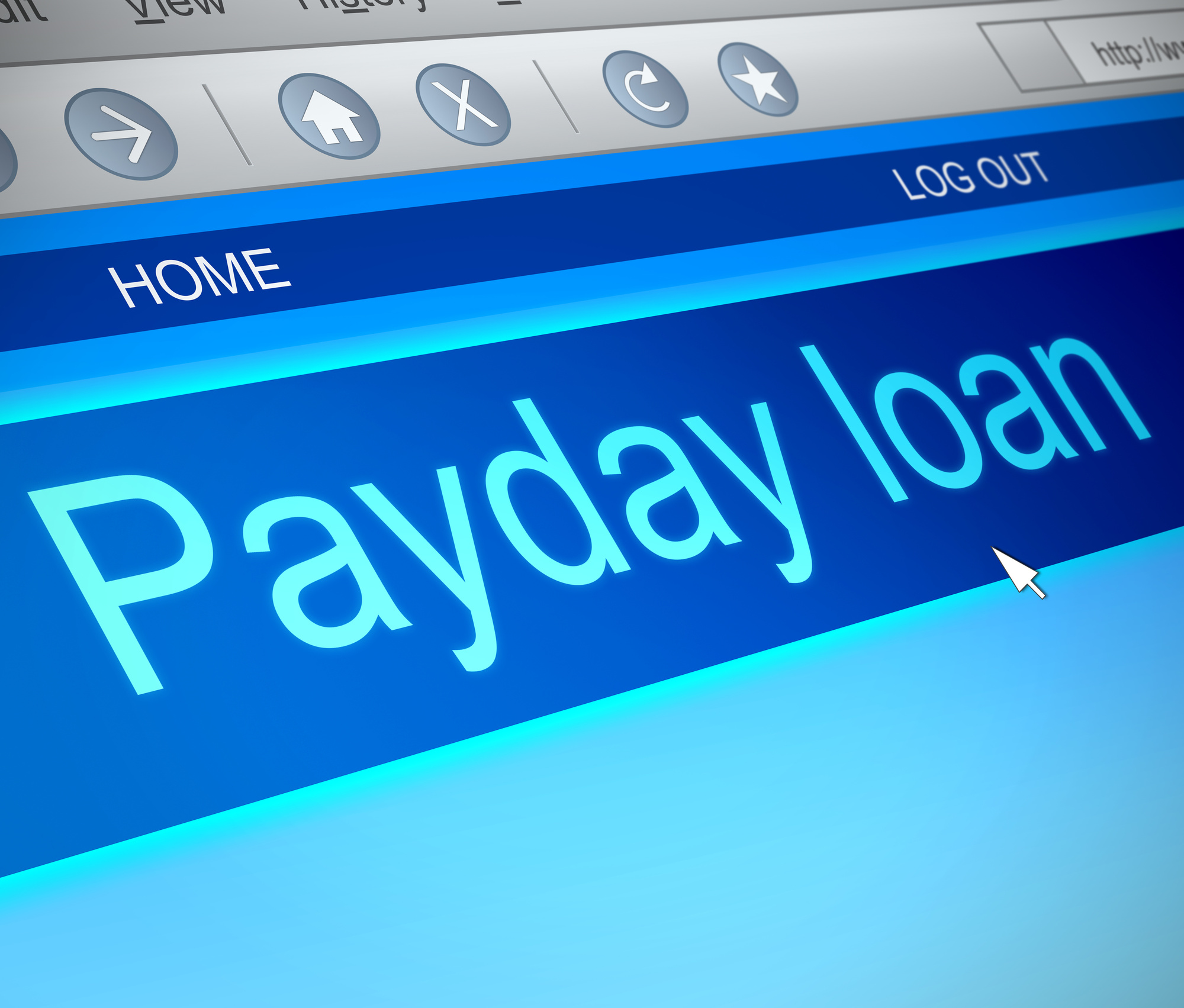Buying a home is one of the most exciting and proud moments you can experience, but it requires a lot of patience, plenty of planning and a good understanding of your finances. Start the process of homeownership on the right foot by knowing — and understanding — your credit score.
Unless you’re a part of the population lucky enough to pay cash upfront for their dream home, you’ll need to consider a multitude of loans specifically for buying a home. Having a good grasp on your credit score will help you determine what kind of home loan you qualify for and which one will be the best for you and your financial future.
Before you put down roots, and a down payment, here’s what you need to know.
Why your credit score matters
A lot goes into determining whether or not you’re eligible for a home loan. Lenders look at income, debt, saving and more when deciding to give a mortgage or not, but the single biggest factor is your FICO score.
FICO credit scores help lenders predict the likelihood that you will default on your loan. Those on the lower end — 300 or so — of the score spectrum seem more high-risk than those on the higher end — anywhere above 700. A higher score will help you get a better mortgage at a much better rate than you would otherwise.
What your credit score should look like
There are a few different ways to get a hold of your credit score. First, check with your bank to see if they offer a score calculator. If your bank doesn’t, check with the three major reporting agencies. Equifax, Experian, and TransUnion all compile similar credit reports that determine your creditworthiness. You get one free report from each a year, so take advantage of it.
According to The Washington Post, 704 is the new, record-high average FICO credit score among millions of Americans. And that’s good news for buyers, sellers, and everyone in the real estate market.
It’s good because Americans are “making more judicious use of credit,” the Post reports. Consumers are using less credit, paying more and on time and “exhibiting fewer glaring negatives in their credit bureau files.”
It’s also good because it’s far above the minimum required a credit score to obtain most home loans. The Lenders Network reports that in 2018, you need these credit scores to qualify for the following types of home loan:
- FHA Loan: 580+
- VA Loan: 620+
- USDA Loan: 640+
- FHA 203K Loan: 620+
- Conventional Loan: 620+
What to do if your credit score isn’t high
If you don’t have a perfect credit score, or it isn’t as high as you’d like it to be, don’t abandon hope. You have options.
If your score is above 500, you might still be able to find a mortgage plan for you, just with higher interest rates.
If you do choose to wait and improve your credit score before getting a mortgage, there are a few things you can do to raise your score fast. You can optimize your credit utilization ratio by increasing your credit limit, opening a new credit account or paying down your balance. Try those and keep checking your score until you hit your goal.









